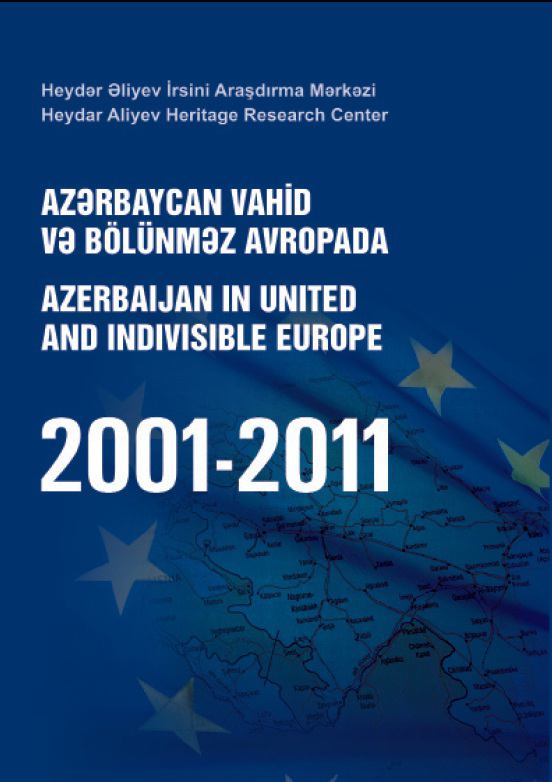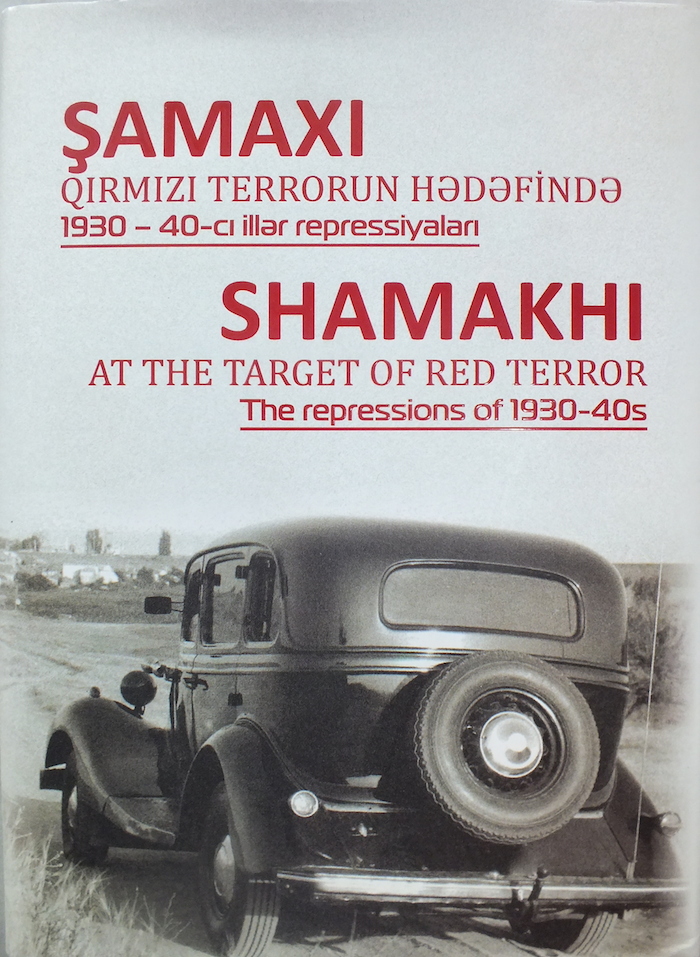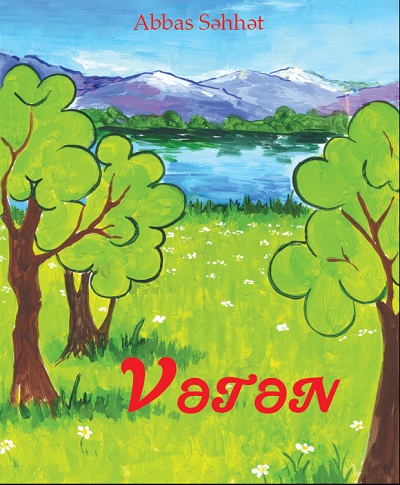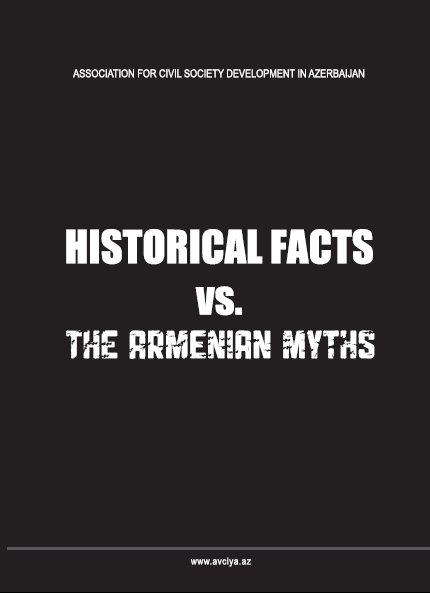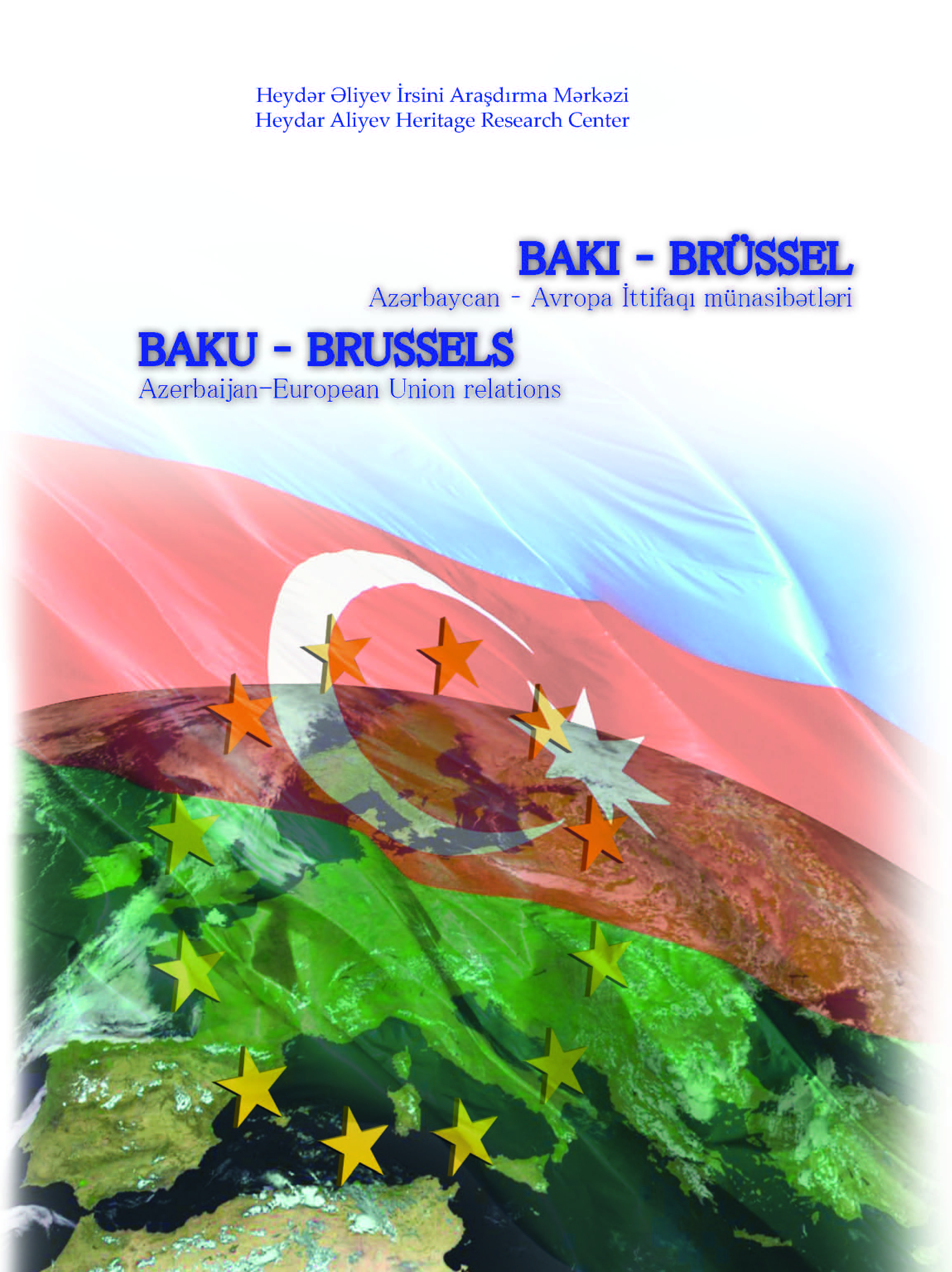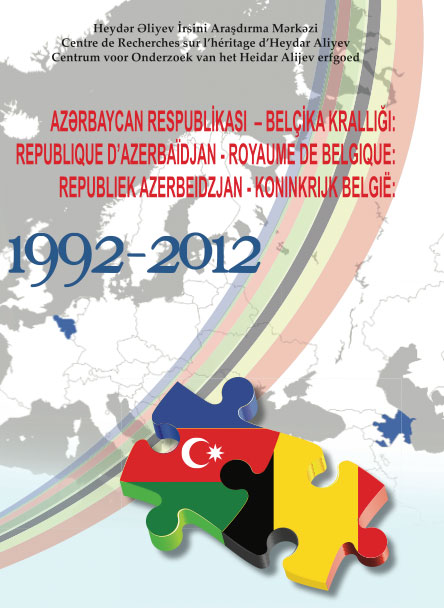PACE Legal Affairs and Human Rights Committee discussed Information Note on Azerbaijan during Paris meeting
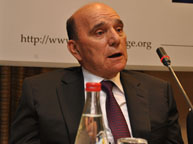 Elkhan Suleymanov
Elkhan Suleymanov
Member of Azerbaijani Delegation to PACE
PACE Legal Affairs and Human Rights Committee met in Paris on 10th December. Among other issues, Information Note on “Azerbaijan’s Chairmanship of the Council of Europe: What follow-up on respect for human rights?” by Pedro Agramunt, Rapporteur on Azerbaijan, was discussed.

Elkhan Suleymanov
Member of Azerbaijani Delegation to PACE
PACE Legal Affairs and Human Rights Committee met in Paris on 10th December. Among other issues, Information Note on “Azerbaijan’s Chairmanship of the Council of Europe: What follow-up on respect for human rights?” by Pedro Agramunt, Rapporteur on Azerbaijan, was discussed.
Recent arrests of human rights defenders and other civil society activists, freedom of expression, freedoms of assembly and association are dealt with in this Information Note prepared by Mr. Pedro Agramunt. The point of attention is that the information in the Note mainly reflects the position of local NGOs and the authorities. In several cases, the document contains the considerations of international NGOs as well.
It should also be noted that although the information contained in the Note cvers positions of different sides, it needed to be explained. Thus, I distributed explanatory comments regarding the Information Note to Committee members. Therefore, Committee members were provided with detailed information on the provisions of the Note.
I’ve to state that Information Note was initially submitted and discussed during Madrid meeting of the Committee. Therefore, debates continued at Paris meeting. After the Rapporteur noted main provisions of the Note to Committee members, debates went on. A number of Committee members delivered speech on the document.
I informed Committee members that the issue on so-called “political prisoners” was again brought into the agenda by some forces in a deliberate and exaggerated way, although it was closed in 2012. It’s an undeniable fact that this issue is used as a means of pressure against Azerbaijan. The title of the Note is an obvious example: “Azerbaijan’s Chairmanship of the Council of Europe: What follow-up on respect for human rights?” Dear colleagues, I address all of you. Did any of 600 PACE members raise an issue on “What follow-up on Armenia’s occupation of Azerbaijani territories?” during Armenia’s Chairmanship of CoE Committee of Ministers?
I stated that these forces demand to immediately and unconditionally release the people under investigation. Such kind of demands call on the violation of fair trial of those persons and on direct interference with the course of the investigation. Thus, relevant provisions of international conventions and other documents on the protection of human rights are violated. These demands distrust legal and judicial system of Azerbaijan, question the legitimacy of the activity of state authorities, and consequently, disrespect state sovereignty.
I recalled that the Rapporteur calls the issue of alleged political prisoners a very sensitive and disputable one. The Rapporteur highlights that the issue should be resolved in a legal context, and that this legal decision is an exclusive competence of the European Court of Human Rights. The Rapporteur also stressed that Azerbaijan is a energy-exporting country, and that so-called politial prisoners are usually representatives of NGOs financed by donors, which belong to countries, which compete with Azerbaijan in global energy market.
I expressed my consent regarding Rapporteur’s view on these issues. I particularly stressed that the issue of political prisoners is a legal issue and should be resolved on a legal context rather than a political one. Thus, the decision on this issue is the exclusive competence of courts, including the European Court of Human Rights. Therefore, the court should decide whether someone is a political prisoner or is detained on false charges.
I noted that these forces justify non-transparency and legal violations in the activity of some local NGOs in order to reach their goals, and that Human Rights Watch, Amnesty International, European Stability Initiative, International Human Rights Partnership, People in Need, Front Line, Norwegian Human Rights House, Norwegian Helsinki Foundation and other international NGOs are mostly distinguished in this sphere. I underlined that these international NGOs are mainly governed by the same center and fulfill their supporter’s will.
As an example, I told that George Soros, founder of Open Society Foundation, paid out $100 million contribution from to Human Rights Watch a few years ago. So, this fact proves the dependence of this organization on George Soros and that it serves to his purposes. I stated that Human Rights Watch has no a moral right to attack Azerbaijan regarding human rights because it implements the orders of its donors.
As a second example, I told that the European Stability Initiative, which is obviously hostile agains Azerbaijan in a European zone, goes far, making a dangerous anti-Azerbaijani call in its report dated November 14, 2014: “The time to act is now. Business as usual is not an option any longer.” Thus, it calls Azerbaijan for unrests and wants to ensure a new maidan in Azerbaijan, similar to that of Ukraine.
At the same time, I informed attendees with specific examples that People in Need, Front Line, Norwegian Human Rights House, Norwegian Helsinki Foundation, and other international organizations have a large business in political migration.
I stated that these organizations are obviously biased and hostile against Azerbaijan, deliberately disrupt actual truths in the sphere of human rights, thus, attempt to undermine international image of Azerbaijan.
I noted that this has recently become a common practice in international organizations. Apparently, taking this into consideration, His Holiness Pope Francis spoke before the plenary session of the European Parliament on 25th November 2014: “In recent years, as the European Union has expanded, there has been growing mistrust on the part of citizens towards institutions considered to be aloof, engaged in laying down rules perceived as insensitive to individual peoples, if not downright harmful. In many quarters we encounter a general impression of weariness and aging, of a Europe which is now a “grandmother”, no longer fertile and vibrant. As a result, the great ideas which once inspired Europe seem to have lost their attraction, only to be replaced by the bureaucratic technicalities of its institutions.”
Finally, I highlighted that political pressure on Azerbaijan with various pretexts has a single goal: to engage Azerbaijan with artificially exaggerated issues, to distract attention from the occupation of Azerbaijani territories by Armenia, to achieve that the fact of occupation is forgotten, and to protect Armenia from possible sanctions for its aggressive behavior. The fact that while Ukraine, the territorial integrity of which has been violated, receives multi-sided support on the international level, Azerbaijan, the territories of which are under occupation for over 23 years, is not supported in any form again proves it.
Paris, 10th December 2014.


